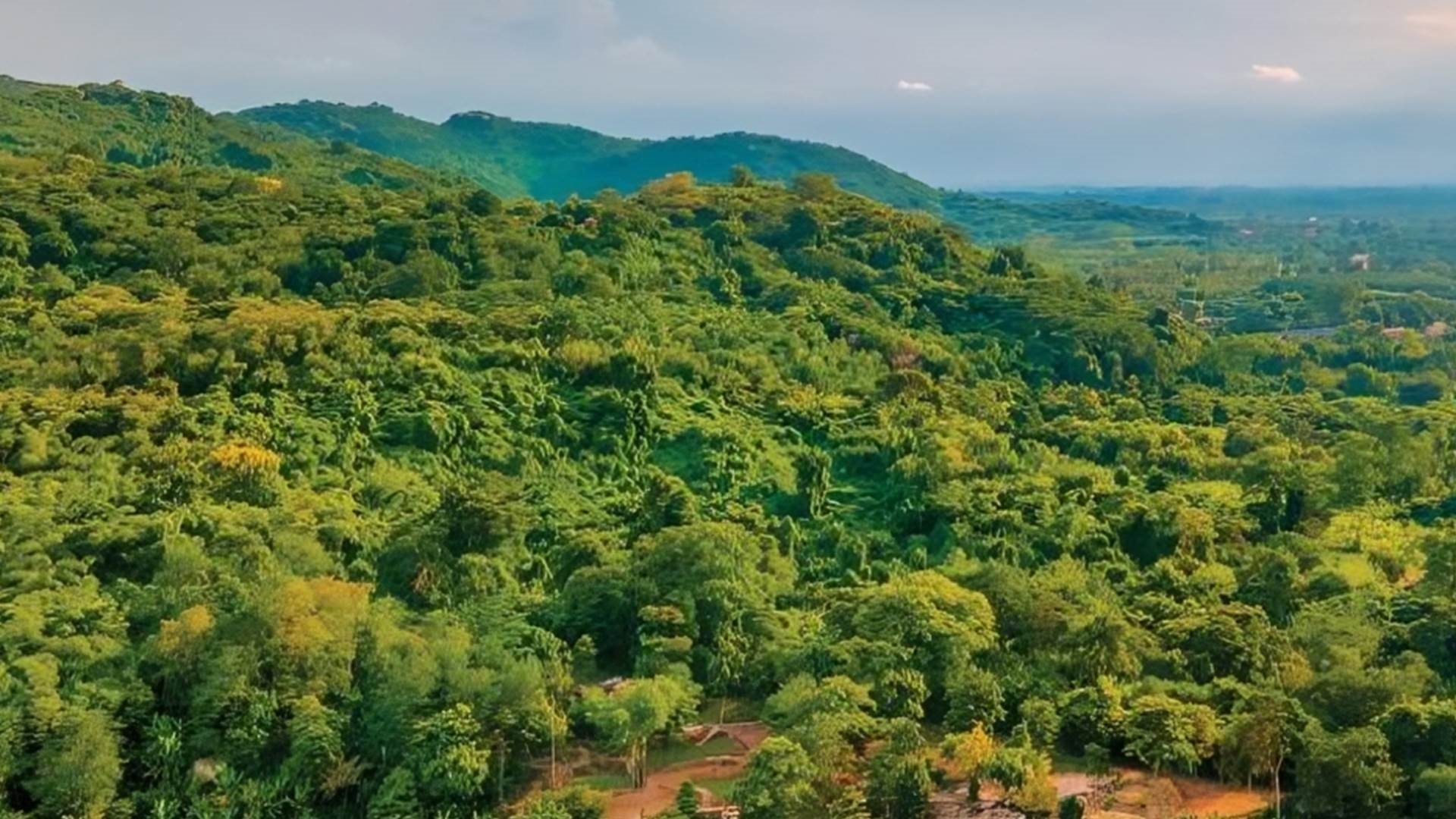Forests support Humans in the Climate Battle

Forests play an essential role in the equilibrium of the ecosystem and in combating climate change on the planet, not just beautiful green areas
Forests are defined as the Earth's lung because they absorb large amounts of carbon dioxide and produce the oxygen necessary for organisms, but because of climatic changes and harmful human activities, forests are seriously threatened, requiring decisive action to protect them and ensure their survival.
Forests are one of the most important natural tools for combating climate change thanks to their carbon absorption capability. Forests act as natural sinks of carbon dioxide, the main greenhouse gas. When trees photosynthesize, they absorb carbon from the atmosphere, thereby reducing its proportion and reducing its negative impact on the climate.
Forests also contribute significantly to maintaining the stability of the water cycle by absorbing and storing rain, which helps prevent floods and reduces the effects of drought
Forests also conserve biodiversity, as they are home to at least 80% of the world's terrestrial biodiversity, including many tree species, plants, animals, birds, insects and fungi that work together in complex ecosystems
Despite its important role in protecting the environment, forests face challenges that threaten their efforts to address climate change, the most important of which is the risk of removal.
Deforestation is one of the most significant environmental challenges, with large areas of forests being cut off for use in agriculture or urban development, leading to ecosystem degradation and increased carbon emissions
Urbanization is also one of the most significant challenges facing forests, as increasing urbanization at the expense of forest areas reduces green space and destroys natural habitats
In addition, many of the world's forests suffer from fires, which are often exacerbated by climate changes and drought, resulting in the loss of large areas of vegetation.












